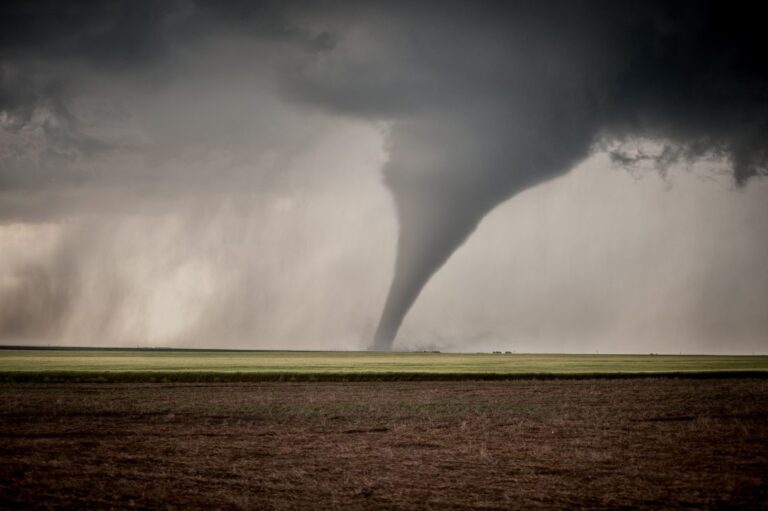A new study by the University of Washington (UW) and National Oceanic and Atmospheric Administration (NOAA) has discovered a new way to rate and possibly improve tornado warnings.
The study looks at a method to rate the skill of a tornado warning based on the difficulty of the environment. It then evaluates thousands of tornadoes and associated warnings over the continental United States between 2003 and 2017.
The NOAA-funded research finds that night-time tornadoes have a lower probability of detection and a higher false-alarm rate than the environmental conditions would suggest. Summertime tornadoes, occurring in June, July or August, also are more likely to evade warning.
“This new method lets us measure how forecast skill is improving, decreasing or staying the same in different situations,” said Alex Anderson-Frey, UW assistant professor of atmospheric sciences and lead author of the study. “The tornado forecasting community needs to know what we’re doing best at, and where we can focus training and research in the future.”
According to Anderson-Frey, scientific understanding of tornadoes is biased toward populated places, where people are more likely to observe and report the events. “As population density increases in different areas, including outside the US, I think we’re getting more of an idea of the range of environments in which tornadoes can actually form,” Anderson-Frey added.
The results of the study will inform how research, training or observational technology could improve future tornado warnings. Click here for more information.



